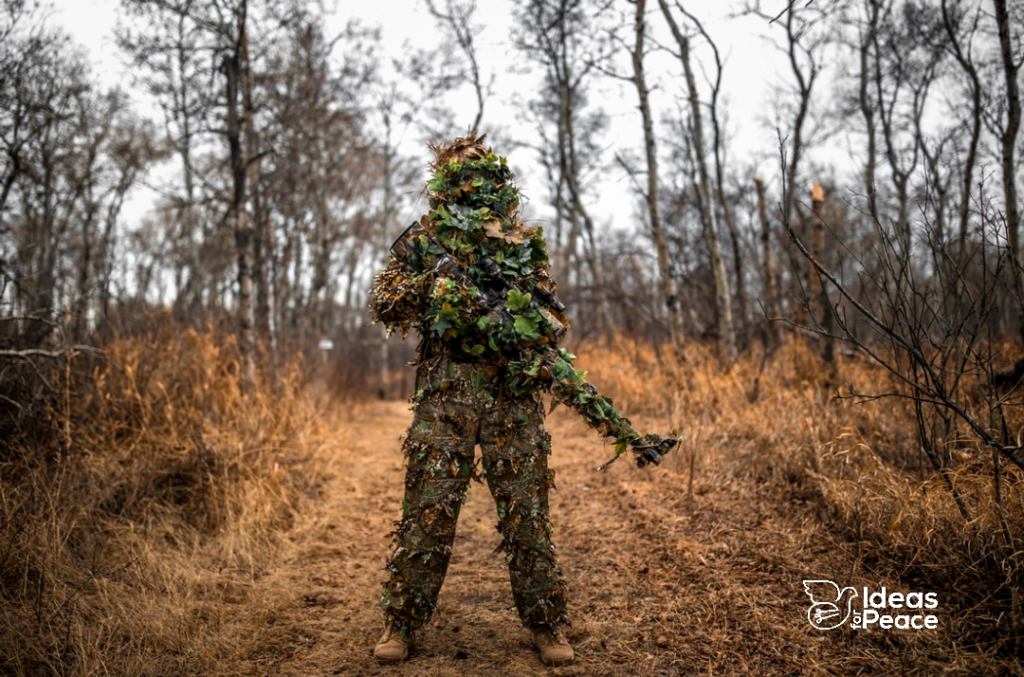The phenomenon of the Child Soldiers between International Law

The phenomenon of the Child Soldiers between International Law, UN Humanitarian Action and State responsibility. In memory of Samuel Opiyo Author: Elianna Baldi We worked in Central African Republic (CAR) from 2011 to 2019. In 2016 we met a Ugandan boy, Samuel Opiyo, who escaped from the Lord’s Resistance Army (LRA) saving a Central African […]
Some Similarities Between the Armenian Genocide, 1915-1923, and the 1994 Genocide in Rwanda
The twentieth century witnessed systematic, state-sponsored killings of specific ethnic, nationalist, or religious groups across continents and cultures. Much can be learned from the individual ideologies of hate and insecurity that led to each genocide, but as Habyarimana argues, they also share significant similarities. Ultimately, genocide is not a problem that belongs to specific times and places, but a problem for all mankind. We all have a responsibility to understand what has happened, and build a future where such atrocities are an impossibility.
Some Similarities Between the Armenian Genocide, 1915-1923, and the 1994 Genocide in Rwanda
The twentieth century witnessed systematic, state-sponsored killings of specific ethnic, nationalist, or religious groups across continents and cultures. Much can be learned from the individual ideologies of hate and insecurity that led to each genocide, but as Habyarimana argues, they also share significant similarities. Ultimately, genocide is not a problem that belongs to specific times and places, but a problem for all mankind. We all have a responsibility to understand what has happened, and build a future where such atrocities are an impossibility.
Ignoring Genocide, One More Time
The world watched with a mixture of horror and lethargy during the various genocides of the 20th century, later wondering why no one tried to stop it. But as the grimness in Darfur, Sudan, continues to unfold, the cycle is repeating itself.
Intolerably Inferior Identity: How the Social Construction of Race Erased a Rwandan Population
The creation of racial identity in Rwanda, which predated the days of the genocide, may very well have been socially constructed. Aside from considering the dominant roles that the church and media played, this essay seeks to particularly explore how the Belgian inspired identification cards were used as policy instruments, serving as one of the primary tools that aided in the genocide. Racial differences were distinctly classified between the hierarchical Hutus and the inferior Tutsis. The cards said it all; they decided the fate of who would survive the 100 days of violence and who would not.
Why the International Criminal Court is Different.
The author discusses how the jurisdiction of the International Criminal Court differ from the jurisdictions of the International Criminal Tribunal for the former Yugoslavia and the International Criminal Tribunal for Rwanda, and concludes that power matters.
Embezzlement of Public Funds: A Crime against Humanity in Cameroon
Joseph Agbor Effim studies embezzlement in Cameroon, arguing that the consequent suffering experienced by Cameroonians that follows renders it tantamount to a crime against humanity.
Genocide in Rwanda: Draft Case Study for Teaching Ethics and International Affairs
This case aims to use the genocide of 1994 in Rwanda to help students appreciate what may be the roots and common causes of genocides. It is written in the suspicion that there may be some sort of “recipe” that can be followed by political elites bent on the extermination of a group. This article was originally published on http://www.ciaonet.org/isa/wrs01/
Who Will Save Darfur
Genocide in Darfur is stuck between international bureaucracy and lethargic, discriminate Sudanese politics. Pkalya probes Western states, special interests, and humanitarian aide initiatives, while we sit and wait to see who will save Darfur.
